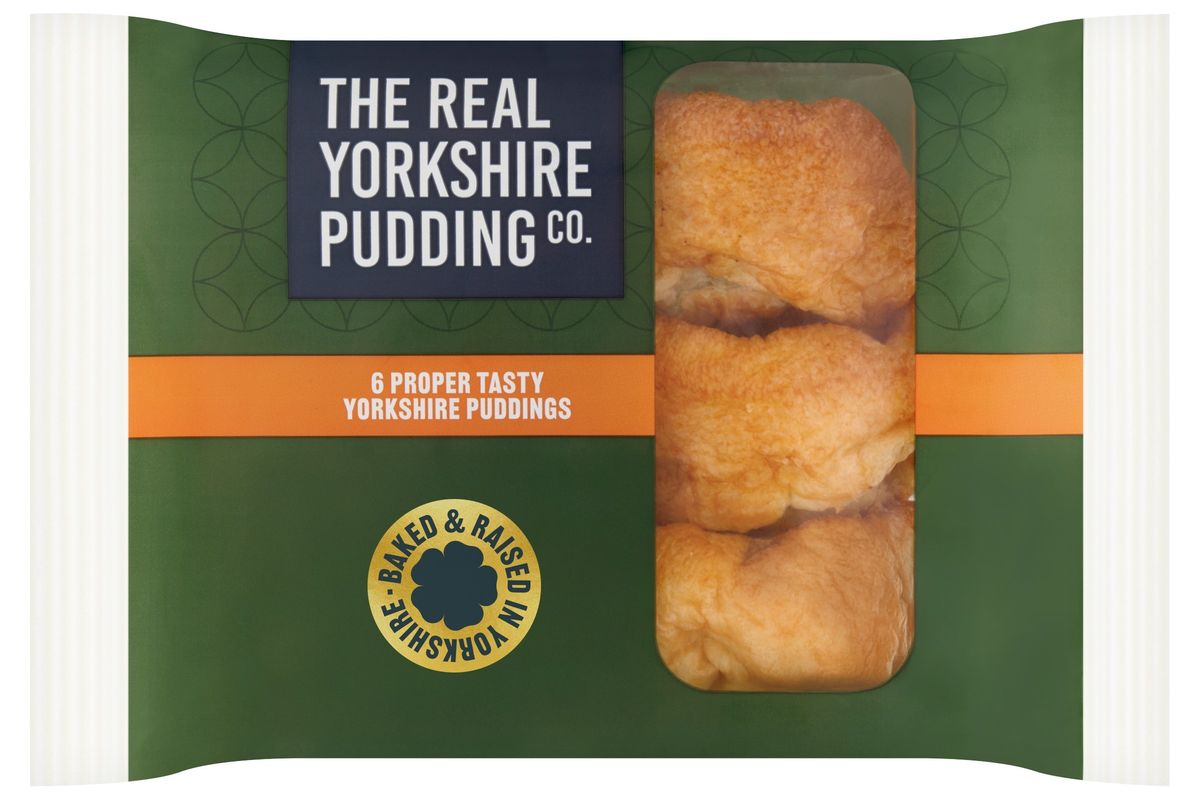Leading food manufacturer The Compleat Food Group has acquired The Real Yorkshire Pudding Co for an undisclosed figure.
A leading supplier of own label and branded chilled Yorkshire puddings in the UK, The Real Yorkshire Pudding Co has driven consistent double-digit growth in the category to become a £33 million turnover company.
This is the latest strategic acquisition by The Compleat Food Group as it continues its journey to become the UK’s leading chilled prepared food company. It follows the group’s acquisition of SK Foods and Zorba Foods, the category leaders in private label chilled party foods and dips and deli fillings, and Harvey & Brockless, a producer and distributor of speciality foods, in 2024.
Backed by European private equity firm PAI Partners, The Compleat Food Group was formed in 2021 and currently employs more than 5,000 people across 15 sites. Alongside an extensive footprint across own label, it is also home to leading brands Pork Farms, Wall’s Pastry, unearthed, Vadasz, Squeaky Bean, Wrights and Palace Culture.
“We are excited to welcome the Real Yorkshire Pudding Co to The Compleat Food Group. The Real Yorkshire Pudding Co has a longstanding reputation for creating high-quality, delicious food that people love to eat, which perfectly aligns to our mission to create food to feel good,” Nick Field, chief executive at The Compleat Food Group, said.
“This partnership is about more than just great products, it’s about bringing together talented teams, shared values, and a culture of excellence to create something truly special. We are looking forward to the future and working with the Real Yorkshire Pudding Co as we continue to grow.”
Bill Howson, managing director at the Yorkshire Pudding Co, said: “Joining The Compleat Food Group marks an exciting new chapter for The Real Yorkshire Pudding Co. We’ve built our business on quality, innovation, and a passion for great Yorkshire puddings, and Compleat is the perfect partner to help us in the next stage of our growth journey. We’re excited to work together and the group’s expertise, market reach, and shared commitment to exceptional products make them a great fit for our ambitions.”
The Compleat Food Group has a leading market position within chilled categories, including savoury pastry, Mediterranean-deli, olives and antipasti, continental meats, dips and sauces and plant-based food. The latest acquisition is expected to further extend its manufacturing capabilities, enabling the group to bring more category leadership and innovation, while allowing the Real Yorkshire Pudding Co to leverage the group’s extensive experience in category development to support its ambitious growth plans.
Founded in 1992, the Real Yorkshire Pudding Co is the No.1 chilled Yorkshire pudding brand in the UK and the leading own label supplier, with listings in all major retailers. It has a reputation for creating premium quality, indulgent products, which include Yorkshire puddings and toad in the hole.


